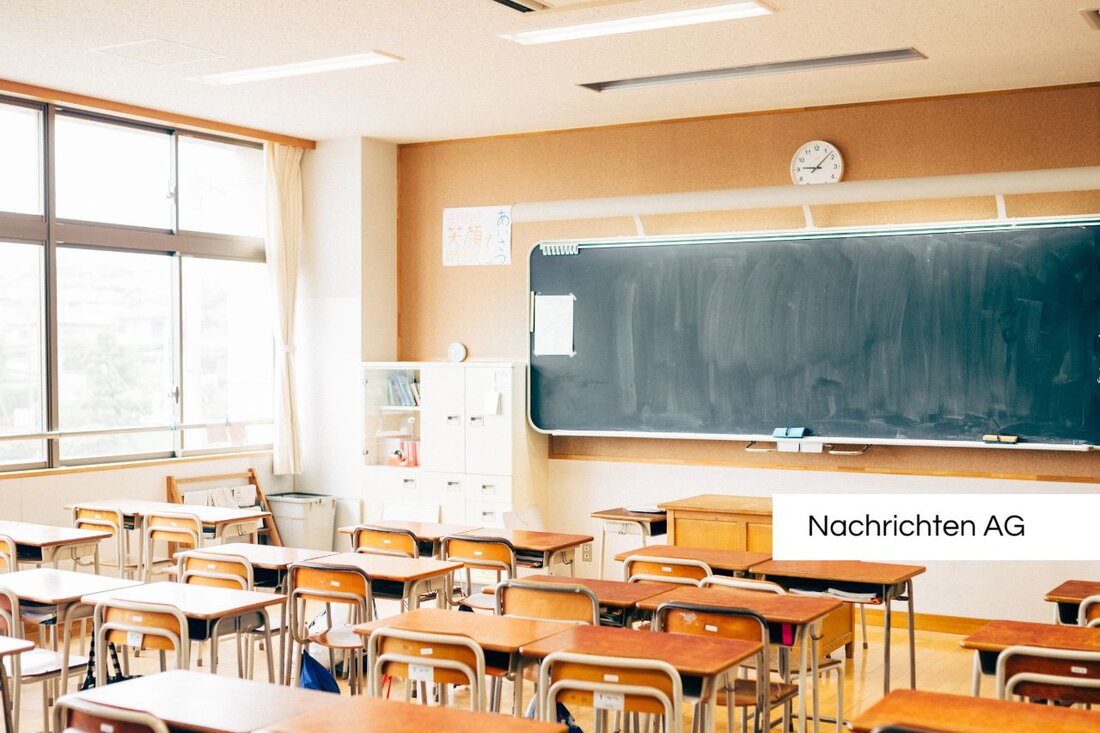Plakolm plans register for hate preachers and headscarf supporters!
Integration Minister Claudia Plakolm is planning a register for Islamist hate preachers and a ban on headscarves for underage girls.

Plakolm plans register for hate preachers and headscarf supporters!
Integration Minister Claudia Plakolm (ÖVP) is supporting a planned “hate preacher register” that would enable the recording of online accounts that spread Islamist content. The register could also include people who promote the wearing of headscarves by children, which Plakolm describes as part of political Islam. This project has attracted a lot of attention in the political landscape because it is integrated into the debate about integration measures and cultural norms. This reports vienna.at.
The proposal for the register comes at the same time as a new draft law that proposes a ban on headscarves for underage girls in schools. This draft is currently under review as the coalition considers the national viability of the register. Plakolm also made it clear that profiles that call for radicalization should be blocked in order to send a signal against extremism. Loud orf.at there is an urgent need for action.
Tightening of Islamic law
Plakolm is also considering a possible tightening of the Islamic law in order to address problems in individual mosques. Changes are still in the consultation phase, but the minister is planning a phased model for the headscarf ban. This strategy should include discussions with parents and school psychologists before any sanctions are imposed. The need for these measures underlines Plakolm's concerns about the oppression of young girls, as she plans to impose a permanent ban on headscarves up to the age of 14. This is done by exxpress.at supports.
Plakolm is based on models in other federal states, where, for example, social benefits can be reduced in order to ensure compliance with integration programs for those entitled to asylum and refugees. She sees the current situation as a challenge in connection with radicalization through radical Islam. In order to meet these challenges, she calls for the Islamic law to be updated and for traditional Austrian holidays to be clearly named and implemented in educational institutions.
Overall, there is a clear trend towards tightening integration policy in Austria, with particular attention being paid to the treatment of religious symbols such as the headscarf and potential hate preachers. The coming weeks and months will be crucial in observing how these legislative initiatives are actually implemented and what further discussions result from them.

 Suche
Suche
